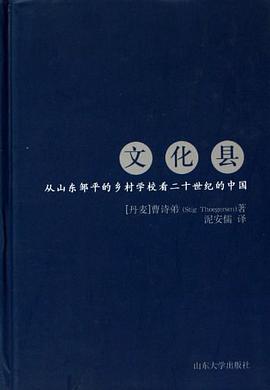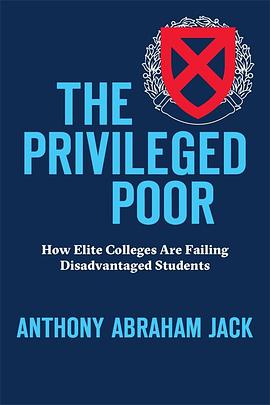文化县 豆瓣
作者:
曹诗弟
译者:
泥安儒
2005
- 1
我写《文化县》的初衷是打算向盅以外的读者介绍中国引人注目的教育历史。现在,中译本就要出版了,它将使以学生或以教师身份亲身经历过我所讨论的那些历史变迁的中国读者,有机会了解一个外国人是如何阐释中国历史的这一重要组成部分的。对此,我感到非常高兴。
从表面上看,现代教育在世界各国都有一些非常相似的经验。在任何一个国家,都是儿童们坐在教室里,学习阅读、写作和算术,他们也要接受有关本国和世界历史、地理知识的教育。通过这一教育过程,他们被塑造成国家的公民。然而,尽管有这么多的相似之处,但以国与国之间,公民社会化的具体方式还是有着相当大的不同;即便是在文化比较相似的欧洲国家内部,你也可以在各国的教育制度,特别是所谓的学校“精神”之间,发现它们彼此的显著着异。所以说,研究教育也就是研究深深地植根于教育背后的文化规范和习俗。
参观中国的教室并与众多中国人谈论他们的求学经历,是我深入了解中国并探讨中国人思考自己过去、现在和未来的方式的一次绝佳机会。当然,可能有些中国读者会不同意我书中的某些观点,但我希望他们能够看到,我试图尽可能地如实反映邹平学生是如何经历20世纪这些教育变革的。同时,我也特别欢迎能够得到来自中国读者的批评指正。
从表面上看,现代教育在世界各国都有一些非常相似的经验。在任何一个国家,都是儿童们坐在教室里,学习阅读、写作和算术,他们也要接受有关本国和世界历史、地理知识的教育。通过这一教育过程,他们被塑造成国家的公民。然而,尽管有这么多的相似之处,但以国与国之间,公民社会化的具体方式还是有着相当大的不同;即便是在文化比较相似的欧洲国家内部,你也可以在各国的教育制度,特别是所谓的学校“精神”之间,发现它们彼此的显著着异。所以说,研究教育也就是研究深深地植根于教育背后的文化规范和习俗。
参观中国的教室并与众多中国人谈论他们的求学经历,是我深入了解中国并探讨中国人思考自己过去、现在和未来的方式的一次绝佳机会。当然,可能有些中国读者会不同意我书中的某些观点,但我希望他们能够看到,我试图尽可能地如实反映邹平学生是如何经历20世纪这些教育变革的。同时,我也特别欢迎能够得到来自中国读者的批评指正。

